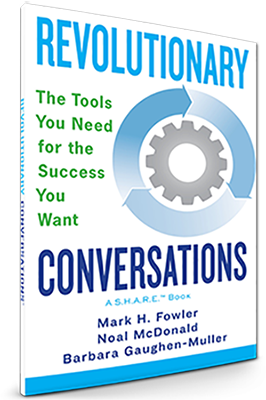
Sometimes talking to yourself can have all kinds of unintended benefits for you and others—maybe even be a lifesaver or a face-saver.
For someone who is reminded periodically that I mumble and talk to myself, the Medium article, “Why Successful People Talk to Themselves” by Vincent Carlos, February 11th 2021, is a breath of fresh air. It is refreshing and freeing to know that very successful people are open and accomplished at talking to themselves. I find it most helpful when I’m trying put together a gadget, an appliance, something for the home or office. For me, it makes more sense. Who cares who is listening! It helps clarify what I am thinking with written instructions or proofing or writing an article, a memo, whatever. Getting those words out there is essential.
One quote from the article rang home:
“In fact, researchers have studied the impact that talking to yourself can have on your life and what studies consistently show is that you should be talking to yourself a whole lot more than you do now.”
This reminded me of something my late partner, Gloria Axelrod, would say about communication:
“How Do I Know What I Mean until I Hear What I Say?”
Gloria and I taught communication programs for UCLA Extension and other venues. During our workshops, I evolved and created the technology for our book Revolutionary Conversations: The Tools You Need for the Success You Want – available on Amazon. Gloria was a Master Teacher at the Extension and we taught constructive conversation workshops using the S.H.A.R.E.™ Tools, which are the basis for Revolutionary Conversations™.
The S in the S.H.A.R.E.™ Tools stands for STOP, as described in the chapter “STOP—The Art of Stopping to Go Forward.” It speaks to the importance of slowing, hesitating or stopping in order that we stay in sync with our thoughts and stay on the same page with our partners in conversation. This technique allows us to backtrack to where we were on track together to allow us to catch up as true conversationalists.
What does this have to do with talking to ourselves? How often have you said something to someone and almost automatically said, “I didn’t mean that” or “that’s not right”? STOP gives us permission to put the brakes on so we do get the time to reflect on what we mean and work it out together. A technique we’ve used to help people get more effective at saying what they mean is to say it out loud before we blurt it out, maybe to our dismay. You can also say it to yourself under your breath or internally say it.
Another technique that may feel strange until you try it: STOP yourself and ask your partner if you could try out what you are thinking, asking how it sounds to them. Thus, it becomes a joint effort and we haven’t made a statement that we might have to be sorry for or feel a bit embarrassed.
What we are thinking doesn’t always come out in speech the way we want it in our head. Just write a paragraph or 2 and see what you wrote versus what you thought you meant—when reading it aloud, it can be different. It could be nearly the same but it could easily not be; taking time allows you and others to make it clearer going both ways, not just for you or just for them.
From a conversation perspective, talking with yourself can help us refine what we are thinking before we say something that can make all the difference in the world in connecting with someone else, especially to someone in a close relationship. Right off the top of our head doesn’t always work.
STOPping to move forward by allowing yourself the benefits of talking to yourself could be a bigger lifesaver than you might know.
Don’t just think about it: say it aloud.
Copyright © 2021 Revolutionary Conversations, LLC. All Rights Reserved
REVOLUTIONARY CONVERSATIONS

Now, possibly more than ever in our history, we need to focus on communication – how we have conversations that move us forward — even when we are stressed beyond belief. Revolutionary Conversations™ and the S.H.A.R.E.™ Tools will give you a platform to develop soft skills and a roadmap to navigate any conversation. From the shop floor to the board room, from the office to the living room, these simple, elegant Tools, will help you build consensus and solve problems, create effective teams, increase engagement with employees, family and friends.
Buy it today and put it to work now!

